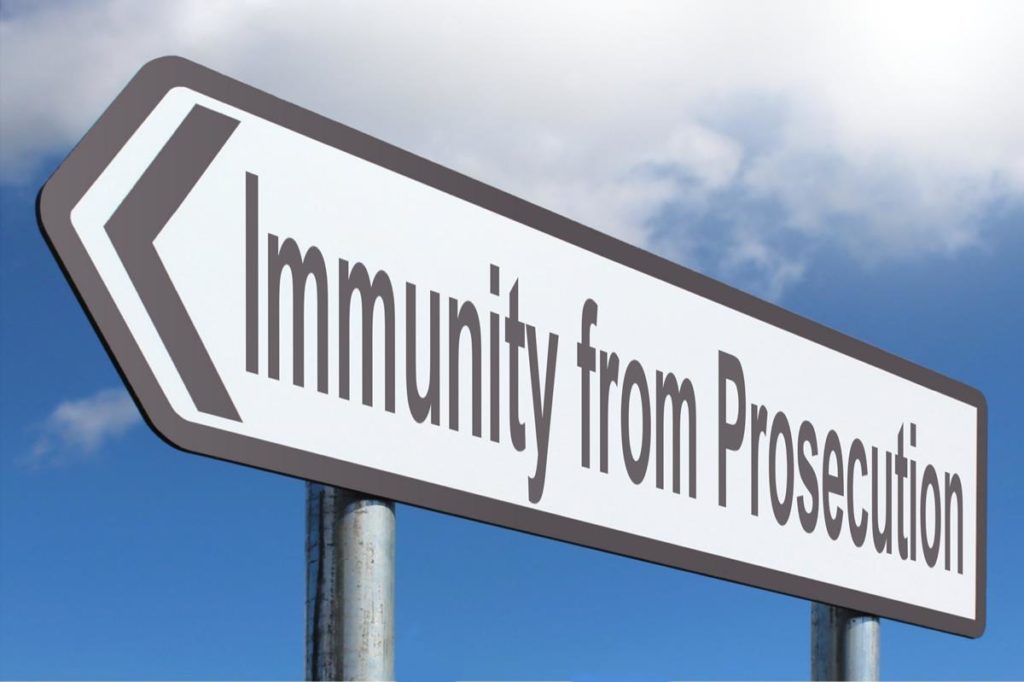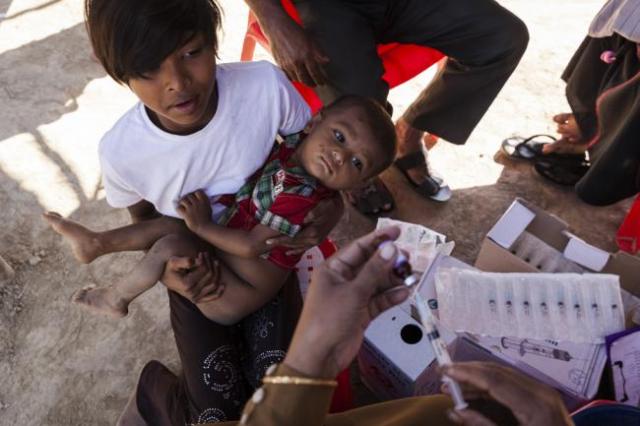
The people who help to share anti-vaccine content may not be aware of the lucrative industry they are supporting. This shows that while many people might spread anti-vaccine content on social media platforms, the content they share often comes from a much more limited range of sources. 4 They found that just 12 individuals-dubbed the “Disinformation Dozen”-were responsible for 65% of the anti-vaccine content circulating on Facebook and Twitter. The Center for Countering Digital Hate (CCDH) analyzed anti-vaccine content that was posted or shared on social media more than 812,000 times between February 1 and March 16, 2021. One helpful approach is to develop a list of key social media influencers and monitor their platforms for perceptions, content gaps, and misinformation. This can include monitoring local social media channels and traditional media outlets as well as creating and maintaining a rumor log to identify trends in your area.

2 The first step is to learn more about the misinformation and disinformation circulating among people in your community, including where it starts and when, why, and how it is spreading and evolving. 3 Surgeon General’s Advisories are reserved for significant public health challenges that demand the American people’s immediate attention.ĬDC outlines several steps for addressing misinformation and disinformation about COVID-19 vaccines.

Surgeon General Vivek Murthy, MD, considered health misinformation and disinformation to be such urgent threats to public health that he issued an Advisory on the topic. The Centers for Disease Control and Prevention (CDC) warns that both misinformation and disinformation can affect vaccine confidence and vaccination rates. Most misinformation and disinformation targeting COVID-19 vaccines has focused on vaccine development, safety, and effectiveness, as well as denying that COVID-19 is a dangerous virus. Disinformation is false information deliberately created and disseminated with malicious intent.Misinformation often arises when there are information gaps or unsettled science, as human nature seeks to reason, better understand, and fill in the gaps. Misinformation is false information shared by people who do not intend to mislead others.1 False information falls into two main categories 2: Monitor social media and other resources in your community to be ahead of emerging misinformation and disinformation trends.Īmericans have been exposed to a wide range of false, inaccurate, and misleading information during the COVID-19 pandemic, targeting everything from masks and social distancing to treatments and vaccines.Surgeon General considers health misinformation and disinformation urgent threats to public health. Help patients understand the difference between misinformation (not intentionally focused on misleading others) and disinformation (created and spread with malicious intent).It is possible to limit the reach and impact of COVID-19 vaccine misinformation and disinformation by identifying trending content and effectively sharing clear, accurate, evidence-based information. Health misinformation and disinformation have spread at unprecedented speed and scale in recent years, especially online. The spread of false, inaccurate, or misleading information-on social media and through other channels-can affect COVID-19 vaccine confidence.
MAY BE MISINFORMATION UNDERMINE EFFORTS IMMUNIZE HOW TO
How to talk to people about COVID-19 vaccines Addressing concerns that the COVID-19 vaccines were “rushed” Addressing concerns about COVID-19 vaccine side effects Addressing concerns related to pregnancy, breastfeeding, and fertility Addressing concerns related to religious beliefs Addressing the belief that COVID-19 vaccination is “not needed” Addressing COVID-19 vaccine myths Understanding the “system distrusters” Understanding the “COVID skeptics” Understanding the “cost anxious” Addressing concerns about SARS-CoV-2 variants Addressing concerns about COVID-19 breakthrough infections Addressing COVID-19 vaccine misinformation and disinformation Identifying credible information about COVID-19 Vaccines Addressing concerns about covid-19 vaccine boosters Addressing COVID-19 vaccine misunderstandings How to restart the vaccine conversation Addressing concerns about administering COVID-19 vaccines with other vaccines Addressing concerns about vaccinating children and teens Addressing concerns of people who are immunocompromised Addressing COVID-19 vaccine misinformation and disinformation The Issue


 0 kommentar(er)
0 kommentar(er)
